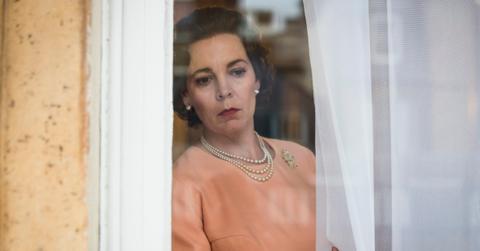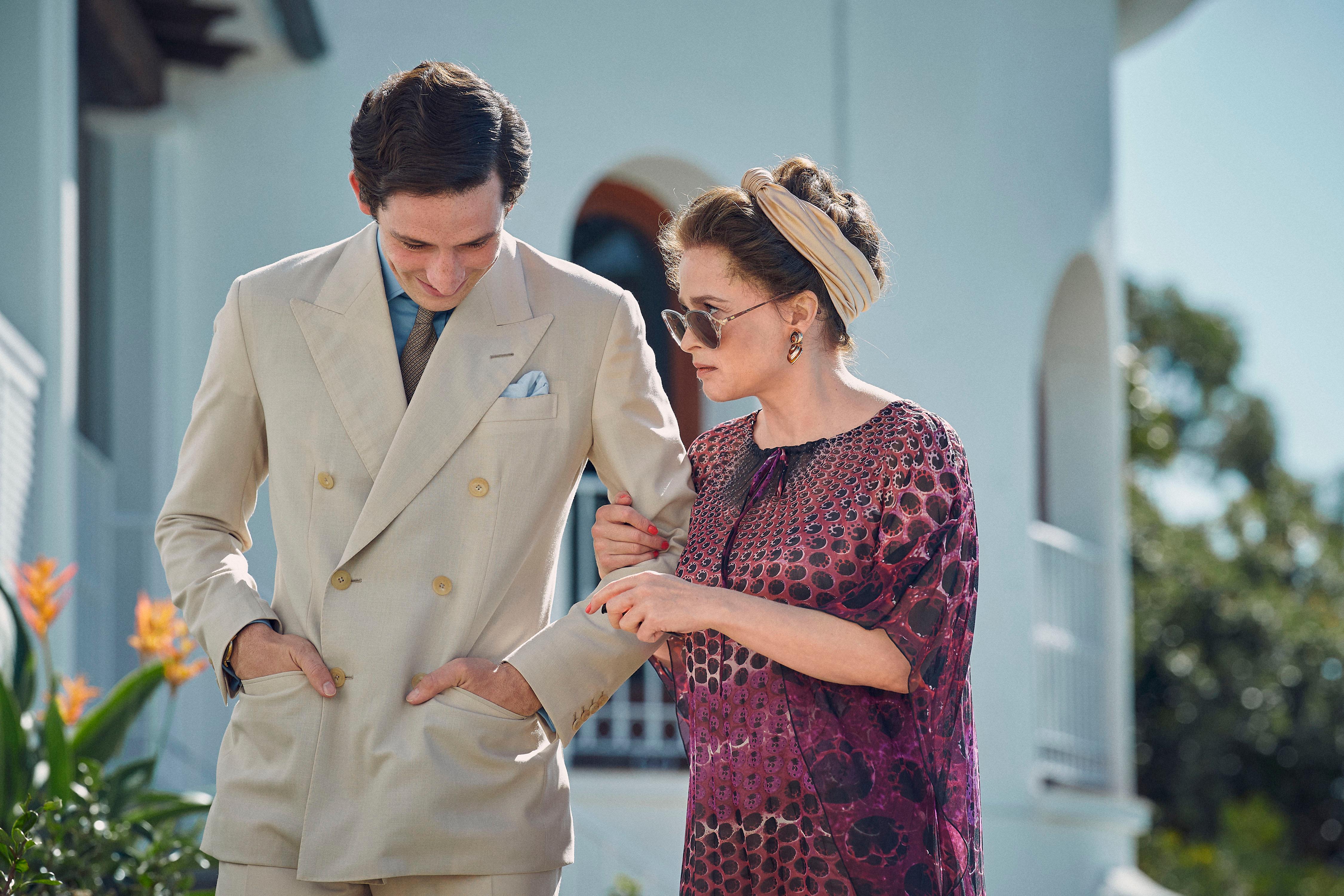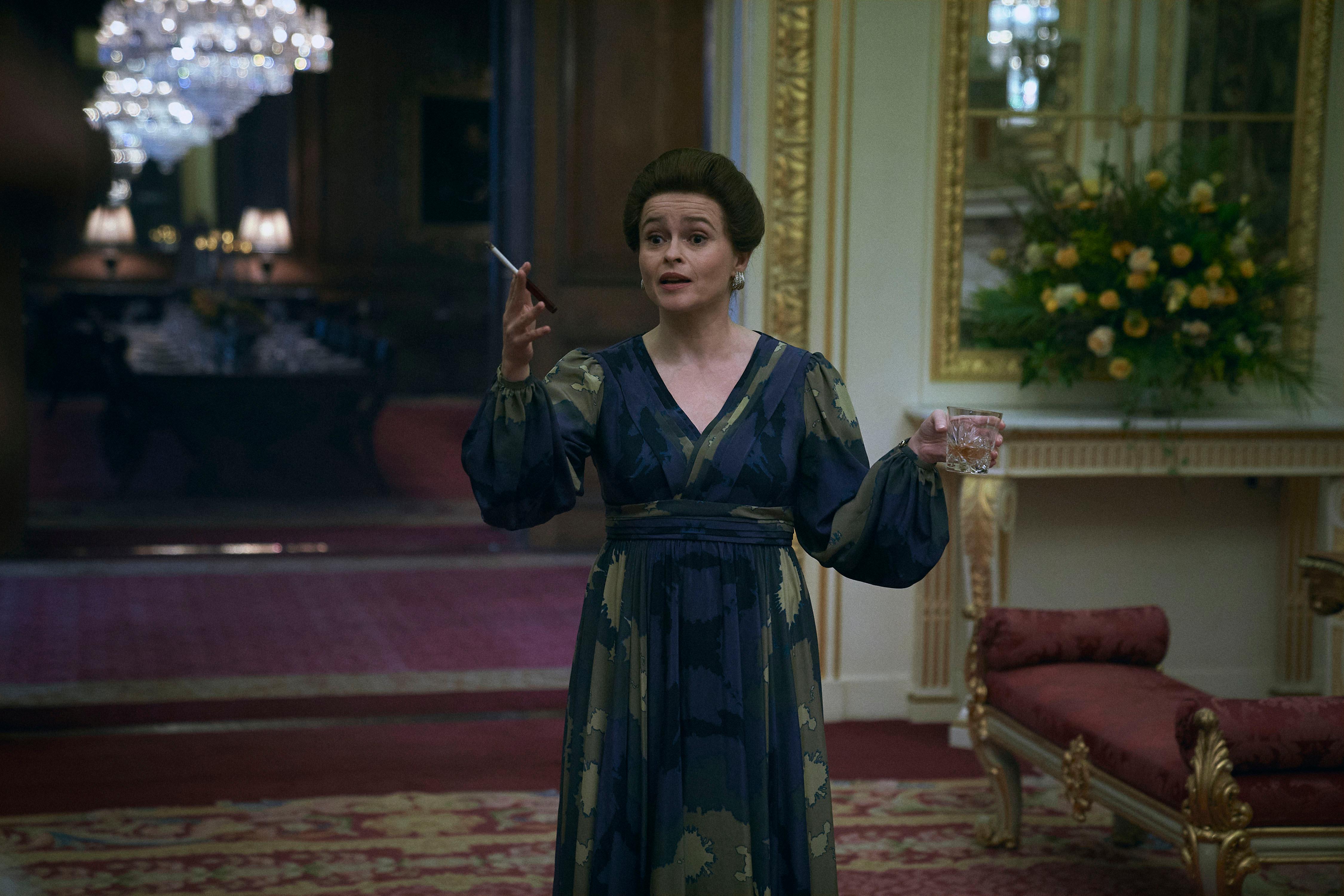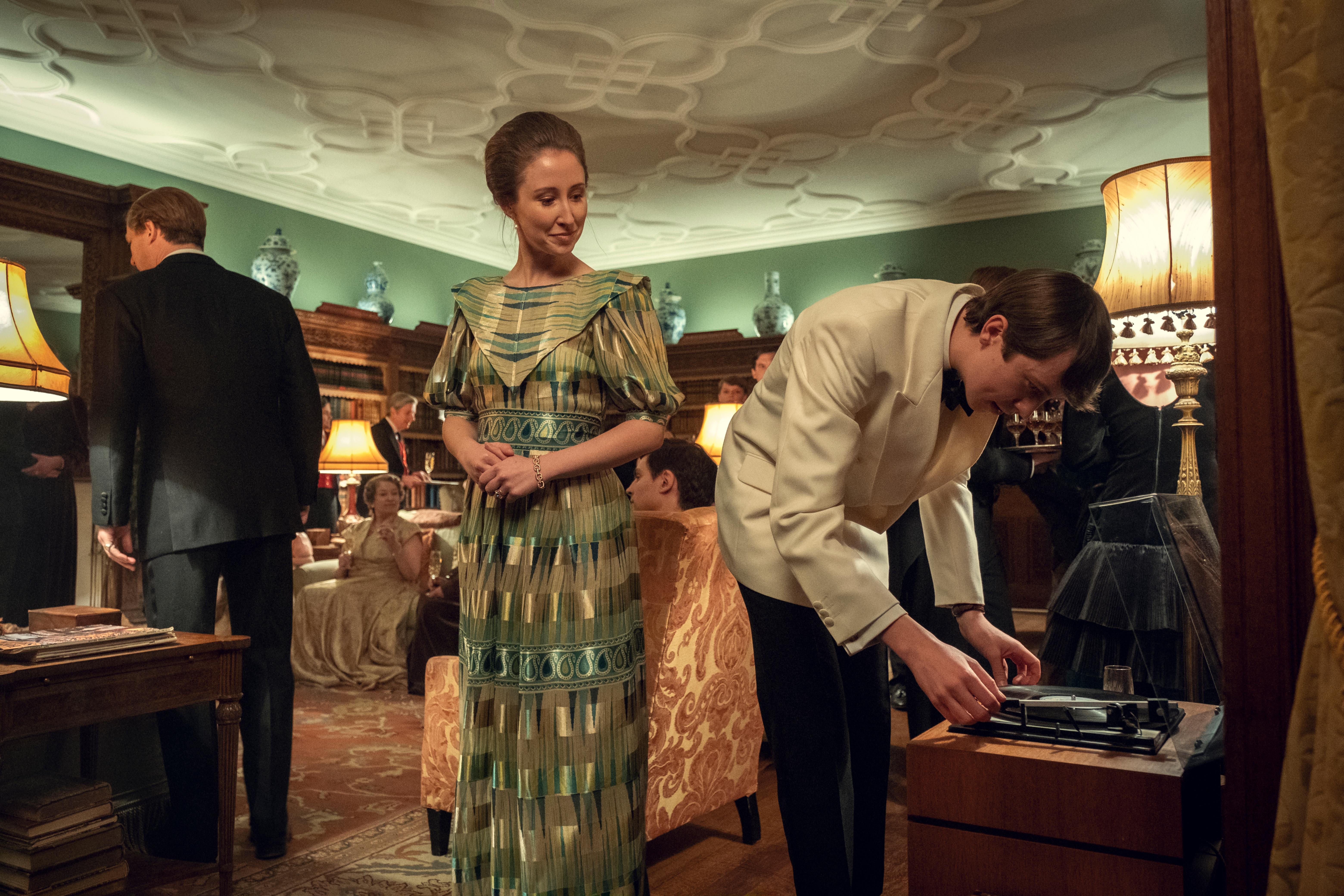When the Queen Refers to Dazzle as a "Friend of Dorothy" in 'The Crown'... What Does That Mean?
Published Nov. 16 2020, 1:52 p.m. ET

Everyone's favorite British show about the monarchy, The Crown, is back on Netflix, and the current fourth season promises to see many more modern changes in the Queen's life, not least of which is the introduction of Princess Diana.
In Episode 7 of the series, viewers watch the Queen's sister, Princess Margaret, grieve the fact that her love interest Derek "Dazzle" Jennings is joining the priesthood.
The Queen calls Dazzle a "friend of Dorothy" to comfort her sister, but what is the meaning of this term?

Here's what it means to be called a "friend of Dorothy."
Empathetically listening to her little sister, the Queen says that the fact that Derek "Dazzle" Jennings is becoming a priest is "the second reason he was never the right man for you."
The first reason, according to her is that Dazzle, played by Tom Burke in the series, is a "friend of Dorothy."
The phrase "friend of Dorothy," occasionally abbreviated "FOD," dates back to at least World War II, when being LGBTQ+ was considered illegal. Stating that one was a "friend of Dorothy," or asking whether others were, was a euphemism for discussing homosexual or queer orientations.
While the exact origin of the term is unknown, many think that it comes from The Road to Oz, the sequel to 1900's The Wonderful Wizard of Oz. In the book, the character Polychrome exclaims upon meeting protagonist Dorothy's friends and companions: "You have some queer friends, Dorothy."
To this, Dorothy replies: "The queerness doesn't matter, so long as they're friends."

There are numerous references to queer and LGBTQ+ characters and relationships throughout the Oz books, including innuendos about bisexuality, gender identity, and transgender characters.
The 1939 film The Wizard of Oz starred gay icon Judy Garland in the role of Dorothy. Just as her character does in the books, the movie version of Dorothy accepts the differences in the characters she comes across. She also is never involved in a heteronormative male-female romance herself.
Some have even called Dorothy's journey "queer." In a 2019 piece about Judy Garland's enduring legacy in the LGBTQ+ community, The Bay Area Reporter called the character's arc "an escape from the puritanical, morally rigid, black-and-white small-town life to Technicolor city existence with fabulous friends."
As the 20th century came to unfold and the social stigma of being queer began to lift, the phrase "friend of Dorothy" went out of use.

Were there other euphemisms for being gay at the time?
In addition to "friend of Dorothy," some men began to use phrases like "simply divine," "fabulous," and "nelly" in gay slang as euphemisms to surreptitiously discuss sexual orientation.
As for women, lesbianism was rarely discussed around the time of the Great Depression, but many referred to openly gay people as being "in the Life."
According to the New York Times, another term came about in England in the first half of the 20th century. "'A friend of Mrs. King' was a genteel euphemism for 'homosexual,'" John Richardson writes.
The Crown is now streaming on Netflix.